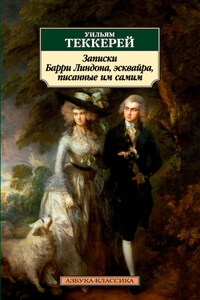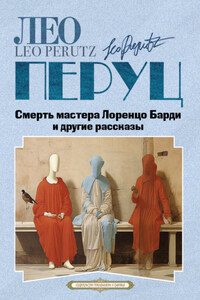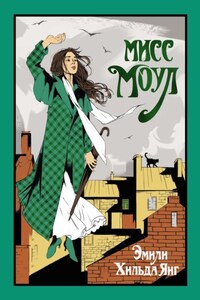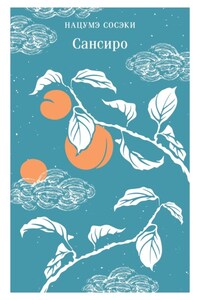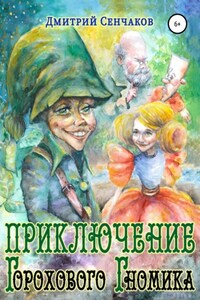CHAPTER I-The Old Lady in the Victoria
Joan Carthew had reason to believe that it was her birthday, and she had signalised the occasion by running away from home. But her birthday, and her home, and her running away, were all so different from things with the same name in the lives of other children, that the celebration was not in reality as festive as it might seem if put into print.
In the first place, she based her theory as to the date solely upon a dim recollection that once, eons of years ago, when she had been a petted little creature with belongings of her own (she was now twelve), there had been presents and sweets on the 13th of May. She thought she could recall looking eagerly forward to that anniversary; and she argued shrewdly that, as her assortment of agreeable memories was small, in all likelihood she had not made a mistake.
In the second place, Joan's home was a Brighton lodging-house, where she was a guest of the landlady, and not a "paying" guest, as she was frequently reminded. In that vague time, eons ago, she had been left at the house by her mother (who was, it seemed, an actress), with a sum of money large enough to pay for her keep until that lady's return from touring, at the end of the theatrical season. The end of the season and the end of the money had come about the same time, but not the expected mother. The beautiful Mrs. Carthew, whose professional name was Marie Lanchester, had never reappeared, never written. Mrs. Boyle had made inquiries, advertised, and spent many shillings on theatrical papers, but had been able to learn nothing. Mr. Carthew was a vague shadow in a mysterious background, less substantial even than a "walking gentleman," and Mrs. Boyle, feeling herself a much injured woman, had in her first passion of resentment boxed Joan's ears and threatened to send the "brat" to the poorhouse. But the child was in her seventh year and beginning to be useful. She liked running up and downstairs to answer the lodgers' bells, which saved steps for the two overworked servants; and, of course, when she became a financial burden instead of the means of lightening burdens, it was discovered that she could do many other things with equal ease and propriety. She could clean boots and knives, wash dishes, help make beds, and carry trays; she could also be slapped for misdeeds of her own and those of others, an act which afforded invariable relief to the landlady's feelings. As years went on, further spheres of usefulness opened, especially after the Boyle baby came; one servant could be kept instead of two; and taking everything into consideration, Joan's hostess decided to continue her charity. Therefore, the child could have answered the conundrum, "When is a home not a home?" out of the stores of her intimate experience.
In the third place, she had only run away as far as one of the shelters on the Marine Parade; she had brought the landlady's baby with her, and, lurking grimly in the recesses of her mind, she had the virtuous intention of going home again when Minnie should be hungry enough to cry, at tea-time.
Joan was telling the two-year-old Minnie a fairy story, made up out of her own head, all about a gorgeous princess, and founded on the adventures she herself would best like to have, when, just as the narrative was working towards an exciting climax, a girl of Joan's own age came in sight, walking with her governess.
The story broke off short between Joan's little white teeth, which suddenly shut together with a click. This did not signify much, as far as the Boyle baby was concerned, for Joan unconsciously wove fairy tales more for her own pleasure than that of her companion, and as a matter of fact the warmth of the afternoon sunshine had acted as "juice of poppy and mandragora" upon Minnie's brain. Her small, primrose-yellow head was nodding, and she was unaware that the story had ended abruptly just as the princess was beguiling the dragon, and that a girl almost as fine as the princess herself was approaching.
The new-comer was about twelve or thirteen, and she was more exquisitely dressed than any child Joan remembered to have met. Perhaps, if the apparition had been a good deal younger or older, the lodging-house drudge would not have observed so keenly, or realised with a quick stab of passionate pain the illimitable gulf dividing lives. But here was a girl of her own age, her own height, her own needs and capacities, and yet-the difference!
It struck her like a thrust of some thin, delicate surgical instrument which could inflict anguish, yet leave no trace. Joan's whole life was spent in dreaming; without the dreams, existence at 12, Seafoam Terrace would not have been tolerable to a young creature with the nerves of a racehorse and the imagination of a Scheherazade. She lived practically a double life within herself, but never until this moment had she been consciously jealous of the happier fate of a fellow-creature.
In looking from the shelter where she sat in shadow, at the other girl who walked in sunshine, she knew the crunching pain of the monster's fangs.



